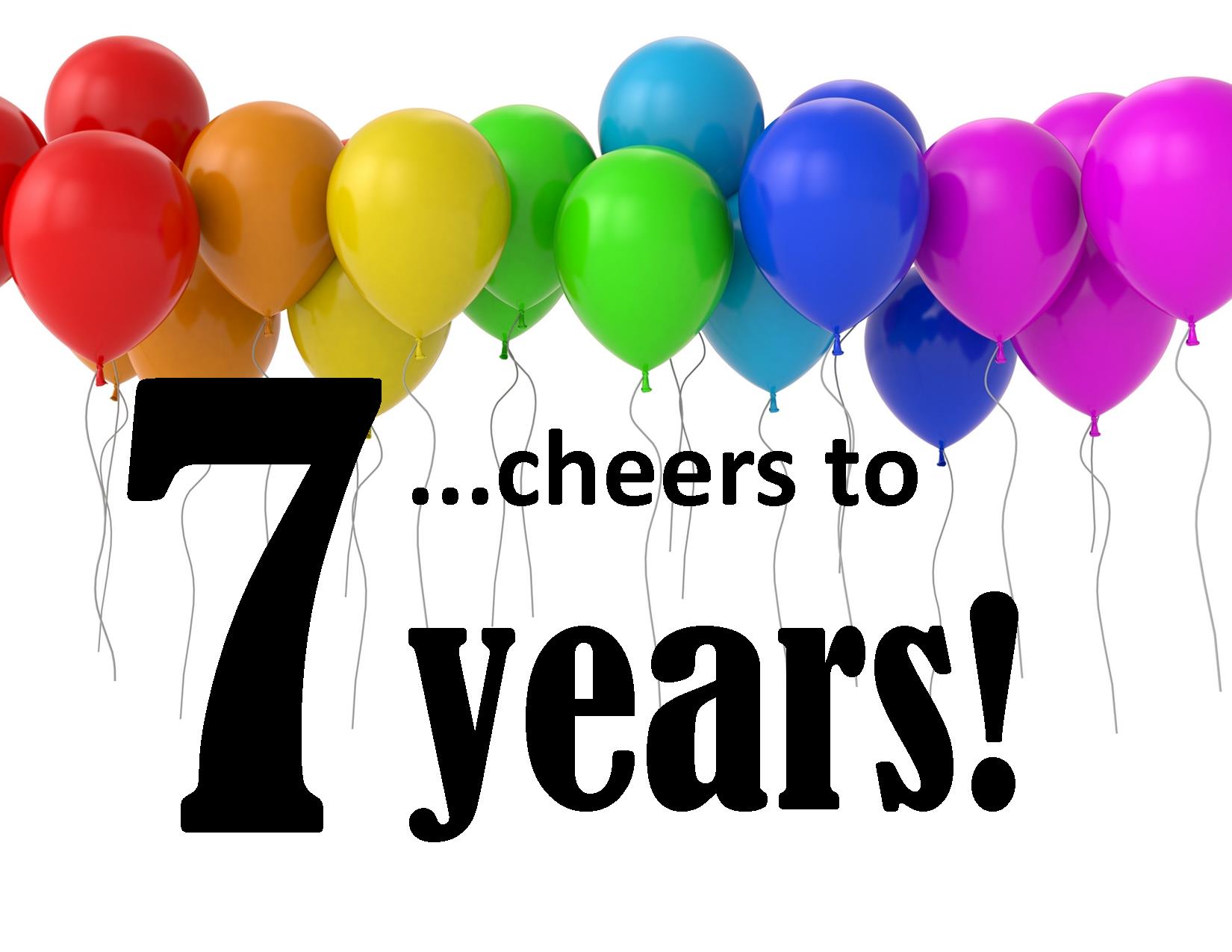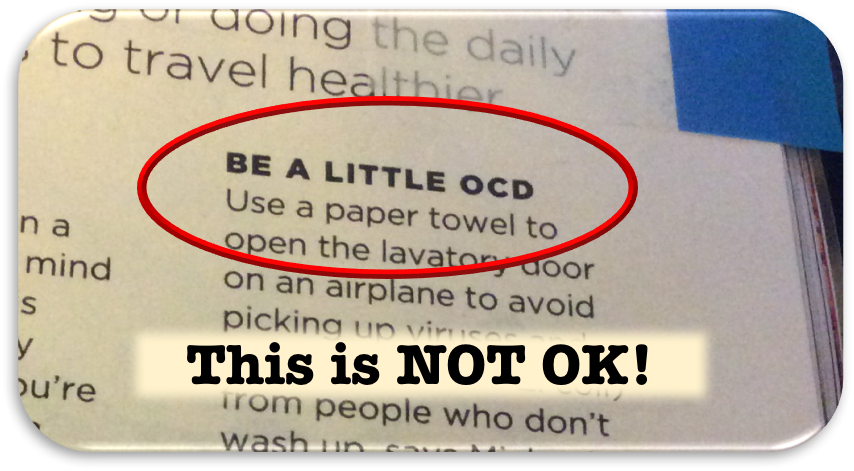Feeling the Magic
I don’t know what drew me to the works of J. R. R. Tolkien so many years ago. I read so many books and watched so many shows at the time that I’m not sure why my brain decided to latch onto Lord of the Rings like a particularly clingy barnacle, but for almost twenty years, Tolkien’s works have been my primary positive obsession. (It’s a term I like to use to distinguish between obsessive thought patterns that make me happy and the ones that cause anxiety and/or compulsive behaviors.)
This past weekend, I traveled to New York City to see “Tolkien: Maker of Middle Earth,” a remarkable exhibit in the U.S. for a limited time only, featuring family photographs, journals, artwork, and writing by Tolkien himself.
Joined by three close friends, I traveled to the city in full cosplay and eagerly purchased a ticket, waiting for my assigned time while bouncing on my heels. Even just seeing the poster for the exhibit - heck, even just looking at the street sign and realizing I was in the right place - was a huge thrill for me even before I got in the glass elevator and made it to the exhibit hall.
Although I’m usually someone who tends to be organized, I was flitting from piece to piece in the exhibit, noticing little things that had me charging across the floor while trying not to trip on my elf robes, getting my eyes as close as possible to everything while I smiled so hard it hurt.
For me, this museum meant more than seeing relics of the past locked away behind glass. Seeing things I’d experienced positive obsessions about for so many years was an incredible experience that I expect could only be rivaled by traveling to New Zealand and seeing the movie sets or going to the Eagle and Child in London where Tolkien spent many nights sharing new drafts with his friends.
For me, feeling and sharing my joy at this museum was like nothing I’d ever done before within the Tolkien fandom. Sure, my friends (and many people who know me on a shallower level) know that I love Tolkien, but stepping through that big hobbit-hole door into the room full of things he’d written and drawn and touched was like taking a journey into the world of my imagination. It felt truly magical.
This magic is something I’ve come to enjoy, even with understanding that it’s one of the ways my OCD manifests. But this time, instead of shaking with anxiety or going over ten thousand possibilities of the ways things could go wrong in my head, I was literally jumping for joy at seeing something I’m so interested in that I could recite the movies, at least, from memory, and the books aren’t that far behind.
It’s the way I feel at conventions, when I dress up and meet other fans who wax poetic about my favorite books, movies, games, and more. It’s the way I feel when my new friend reads my fanfiction and asks me questions about it. It’s the way I felt when I met four of the stars from the Lord of the Rings and the Hobbit movies at DragonCon 2018 and was able to talk to them about their experiences, spend time with them, and take pictures with expressions of pure joy on my face.
For some people, witnessing obsession like this is just as scary as witnessing someone washing their hands over and over until their hands bleed (which, thankfully, I haven’t done for many years). It can turn people away, another reason why I spent so many years hiding my interests and pretending to like the same things as the other people my age. I smiled when I saw other people crying with joy in the autograph room at DragonCon, but there were definitely other people who were looking at them like something wasn’t quite right.
In my mind, there’s nothing wrong with expressing joy like this. A stranger in the room wearing a cosplay I’d never seen from a series I’d never heard of ran up and showed me her autograph from someone I didn’t know and threw her arms around me, and I responded by hugging her and showing her my autograph from John Noble. I love seeing people this happy, and can only hope others in the room were having similar reactions. To me, as long as people aren’t hurting themselves or others, it’s wonderful to express joy like this, even if it’s not necessarily typical - and it’s great to have this as a side effect to a disorder that usually manifests in obsessions about negative things.
So yeah, I spent a good deal of money making my way out to New York City for a museum exhibit, something I haven’t really heard of people doing before. But the happiness it brought me was worth everything, including the flight cancellation on the way back (during which I was stranded for two days because, as a new Chicagoan, I assumed I could make this trip in April without worrying about snow). Even with all the trip’s complications, all I could feel was lucky.
I felt lucky to have kind friends who I offered an “out” to, knowing that I was going to get very intense, and they chose to come along with me anyway. I never thought I’d have friends who would sign up to see me getting so excited about something they’re ambivalent about at best, but they stuck by my side the whole time with smiles on their faces. They said that even though Tolkien wasn’t their favorite person in the world, they cared enough about me to want to make me happy.
I felt lucky to have people to show the museum book to at work and beyond, where I could point out my favorite pages and tell the stories of the exhibits and not get looked at like I’m strange.
I felt lucky, most of all, to accept myself in this situation. As a kid, I thought I was so weird for getting this interested in things, and then repressed my interests for years as I feared sinking too deep into what I knew was an obsession. With more years behind me, I’ve come to realize that living the highs of OCD is just as important as learning how to deal with the lows. It won’t be an even mix, but taking advantage of these opportunities to experience bliss is a great way for me to cope with the times when I’m not okay.
In other words, I need to feel the magic.
And I absolutely plan to find more moments of magic for myself, whether that means creating a new costume for DragonCon 2019, saving up for an eventual trip to New Zealand, or poring over my museum book to absorb every last little detail from my incredible trip. It’s obsessive, sure, but it’s also a special happiness I’ve had to fight to enjoy, and I’m going to take advantage of every minute of it!
Ellie, a writer new to the Chicago area, was diagnosed with OCD at age 3. She hopes to educate others about her condition and end the stigma against mental illness.






